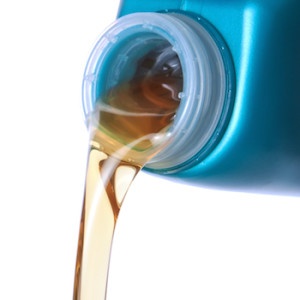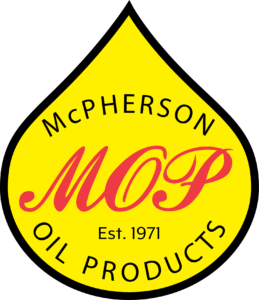Why Your Atlanta Fleet Should Consider Lubricant Recycling
09 Mar 2016, Posted by in Industry Information, Oil TipsHow do you get the most out of your oil and lubricants?
… Just get a do over.
- Did you know that oil recycled on your premises can be better than the oil you buy new?
- Did you know that you can save money by recycling lubricants, ensuring that you’ll have to buy less?
It’s true, and if you can find the right partner, you’ll find you can actually save on all of the oil that you use, as often as you’d like.
Crude oil is made of a base stock that comes new from the refinery. To that is added a detergent, foaming additive and dispersant, which keeps the oil from sticking to the engine valves.
After the engine has run for some time, its heat breaks down the oil, emulsifying it into it’s parts of water and additives, along with bits of metal. This makes a mess. Sludge. The oil stops working and your engine begins to wear.
So you cannot run oil through an engine for an infinite time.
You know that; yet what are doing about all of that oil needing replacement? It’s amounting to around 1.3 million gallons across the nation that is dumped out of cars alone. Never mind construction team, transit and other fleets.
- Wouldn’t it be great to catch some of the oil and get it back?
- Would you like to pay less for used oil that is as good or better quality than new oil?
That’s the promise of recycling.
It begins with vacuum distillation. This removes the water from the oil, which may include between 5 and 7 percent H2O.
Then recycled oil will be evaporated through wiped film, which removes the additives and material in the oil that now, shouldn’t be there.
But you’ve got to get the nutrients back into the oil to make it work. That requires hydrotreating at about 700 degrees and over 1000 psi, which shoots hydrogen into the oil’s hydrocarbon molecules.
This turns it into a renewed product, which can even be better than new.
Uses
While the earlier, primitive technologies had people pouring oil over bricks to clean it. That didn’t work. However today the techniques are so advanced, renewed oil can be used to fill automobiles, and as automatic transmission and hydraulic fluid.
How to Do It
The problem with oil recycling is two-fold: Many don’t know it’s possible. And you’ve got to get the oil to the refinery to recycle.
Time and availability will hopefully solve the first problem. The second is answered by companies that have their own trucks to take to your place of business or project site, and recycle the used oil on location.
When you’re looking for a company that can help you renew your used oil and lubricants, make sure they can deal with the following service: computer tracking or used profiles after collection, inspection and testing of the renewed oil and comprehensive liability and pollution insurance.
You can also rent dehydrators, filter carts and vacuum trucks if you’d like to renew your oil on site.
